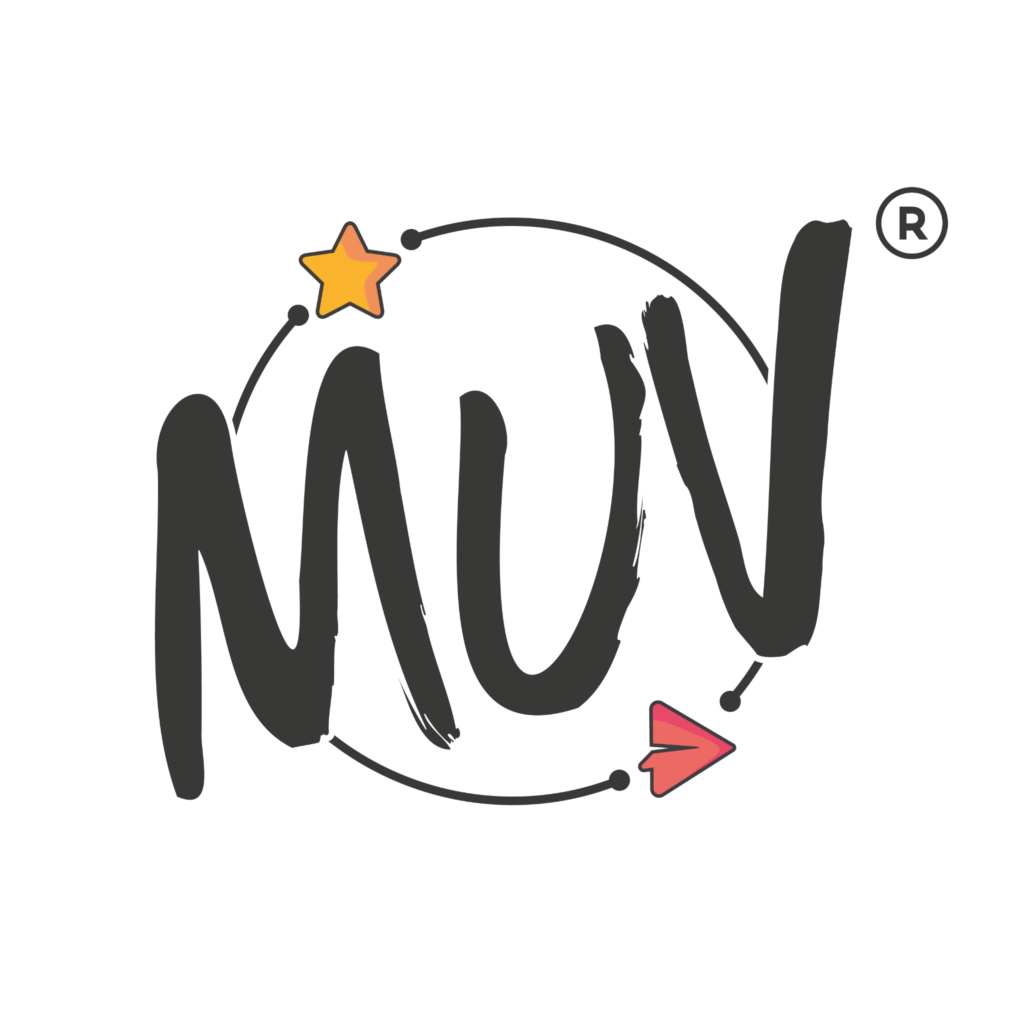Abstract
The transport sector is the fastest-growing source of CO2 emissions in the EU. It is responsible for 24.6% of greenhouse gas emissions, and 46% of these come from road passenger transport. However, partly due to the Covid-19 crisis that drastically changed our behavior and awareness, citizens are now more aware than ever and ready to change their habits, and they want brands and institutions to be actively involved. That’s why market trends say brands will strive to build communities and experiences that relate to these values and will use emerging tools and strategies to foster creativity and participation from their social followers.
MUV is an Italian built urban mobility solution provided as a service to cities, citizens, and institutions. It consists of an app that provides an entertainment platform which can turn safe, sustainable, and smart mobility into a sports game. Through MUV’s mobile app, brands and organizations can drive the transition to more sustainable habits at the moment, using collected mobility data, gain support in mobility decisions, and, thanks to the European ISO 14064-2 certified methodology, certify CO2 savings. Collected and anonymized mobility data is released as open data that can be used to aid research, community engagement, and activism.
The app, spelled as an Italian person would write “move” in English, set out as a research project and became a sustainable business. Its goal is to create awareness on sustainable mobility using the point game system. The more actions you take, the more points you get that will translate into different kinds of rewards. MUV challenges each community to take action to achieve specific goals, competing with each other. MUV offers public schools, universities, corporations, government agencies, and large brands the opportunity to join the “MUVement” and become critical players in the fight against climate change.
Main Highlights
Problem: people need to change habits on mobility and contribute to reducing their impact on the environment.
Context: the transport sector is the fastest-growing source of CO2 emissions in the EU.
Solution: MUV is an app that helps to change habits and monitor their effect through a gamification model.
Impact statement: 260 thousand kilometers have been driven sustainably thanks to the app (20.8 per week, on average); each user has reduced their emissions by 32% while burning more calories (+27%).
Systems perspective: Gamification is a powerful system to involve people in change habits, but the entertaining and educational challenges offered by this platform should last more and/or be frequently renewed.
Case Overview
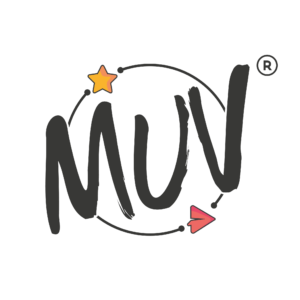
We are in the age of “gamification.” It means that everything seems more appealing to us if it entertains and rewards us, just like in a video game. MUV is an app (available for iOS and Android) that leverages these mechanics to level up our virtuous behaviors towards the environment. An Italian startup has developed it in collaboration with PoliHub of the Politecnico di Milano and EIT Urban Mobility’s European project. The idea is to transform sustainability into a sport.
MUV is a real game that encourages people to implement responsible and sustainable behaviors in urban mobility. For example, if a user chooses to walk or bike to a place rather than take a car, he will earn points based on how much he will have “saved” the Planet. MUV users can be divided into two macro-categories:
- To the first group belong all those who assume responsible and sustainable behaviors already in their daily lives. For this category of users, MUV becomes an instrument of union: feeling alone in their choices, this type of users find in MUV a reality with which to compare themselves.
The other type of user is represented by “normal” people, accustomed to a specific type of routine and who have more difficulty changing their habits. For them, it is much more complicated to have good results in the short term. The goal is to make people think: those who start to behave well, for example, by beginning to give up the car more often, will realize that they will gain in terms of stress, time, costs, and much more.
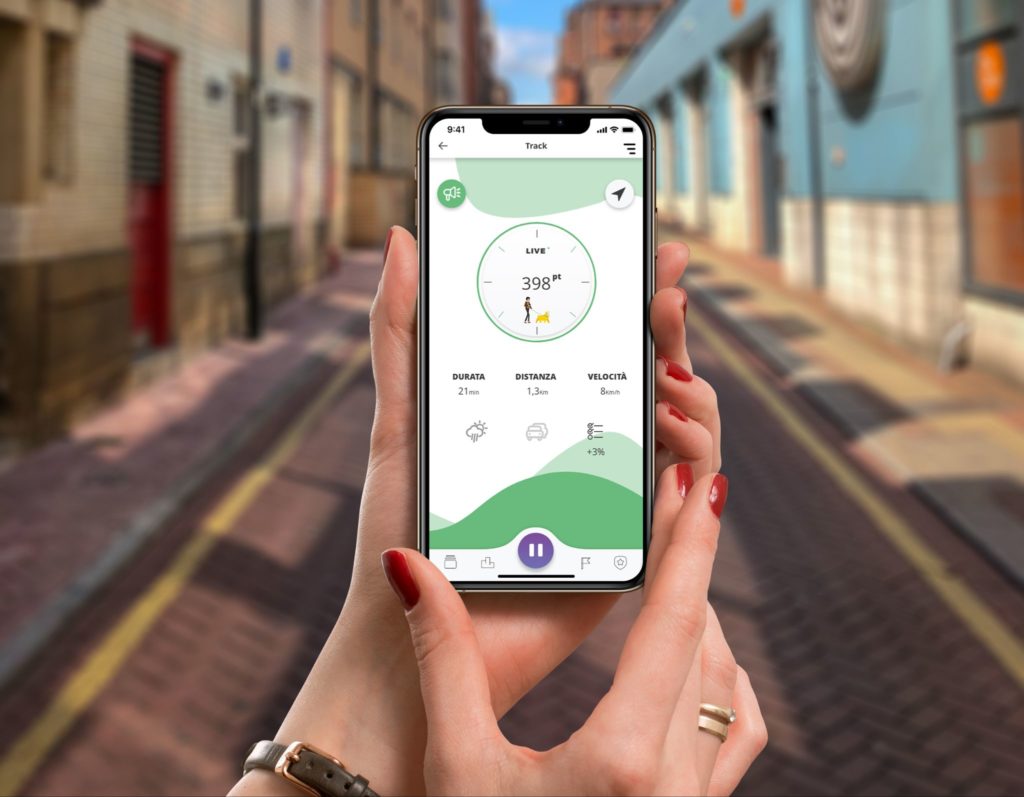
MUV is a project born at the same time in six European cities very different from each other, both in terms of culture and purely atmosphere. The company deliberately chose very different cities: for example, cities like Palermo or Barcelona, which are very chaotic, and cities like Amsterdam or Genk, which are very “healthy” from all points of view. Their successful choice was to focus on specific neighborhoods to achieve a more immediate impact. MUV seems to work well everywhere, particularly where there was already a strong sense of community, for example, in Fundao, a small town of fifty thousand people in Portugal. The current goal is to work with pre-built communities such as schools or businesses, where a similar model could easily find a place.
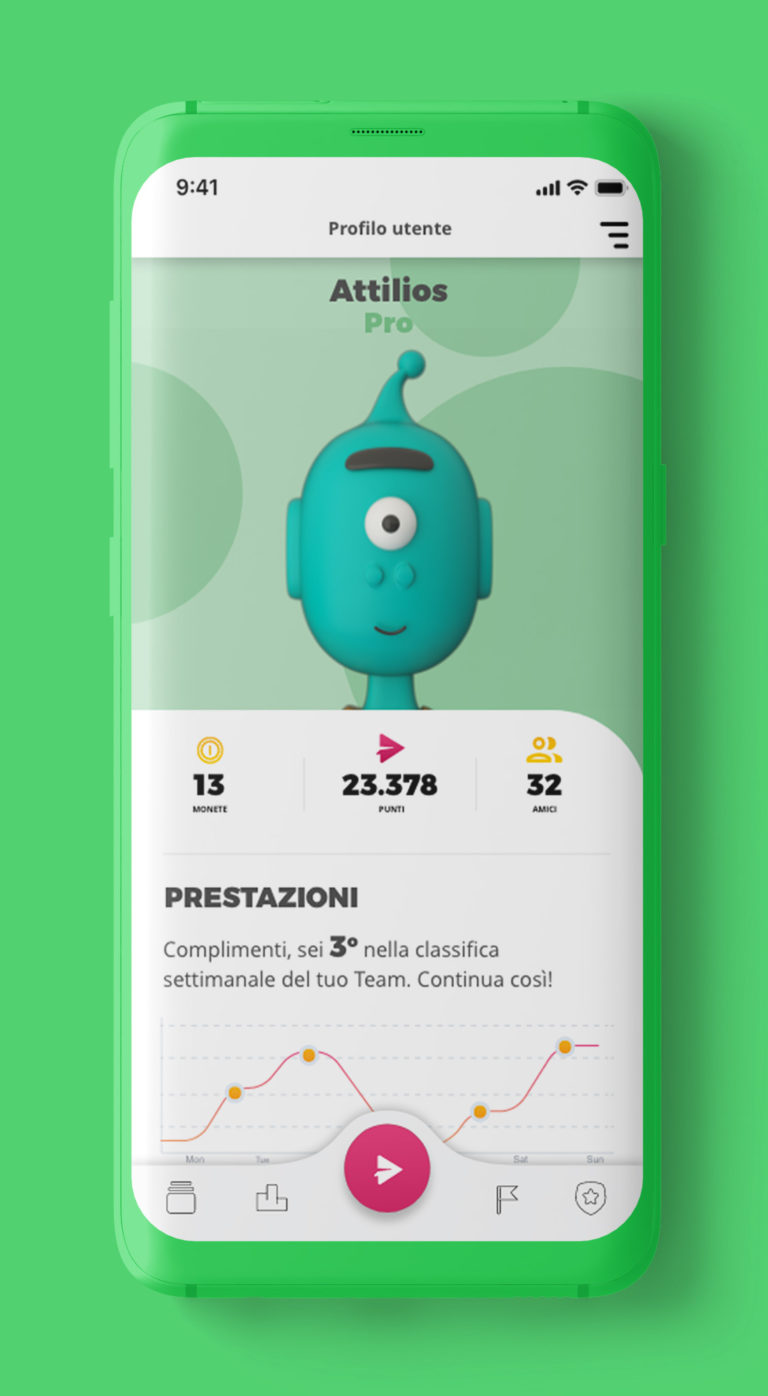
All the information that MUV collects, especially that related to sustainable routes, is anonymized as sensitive data and managed very carefully. They are used as a tool to support mobility plans for cities and neighborhoods and small schools or businesses. None of the data the company collects is sold or provides any source of revenue. Their business model is not based on marketing data; the data they collect is made available to partners who work with them.
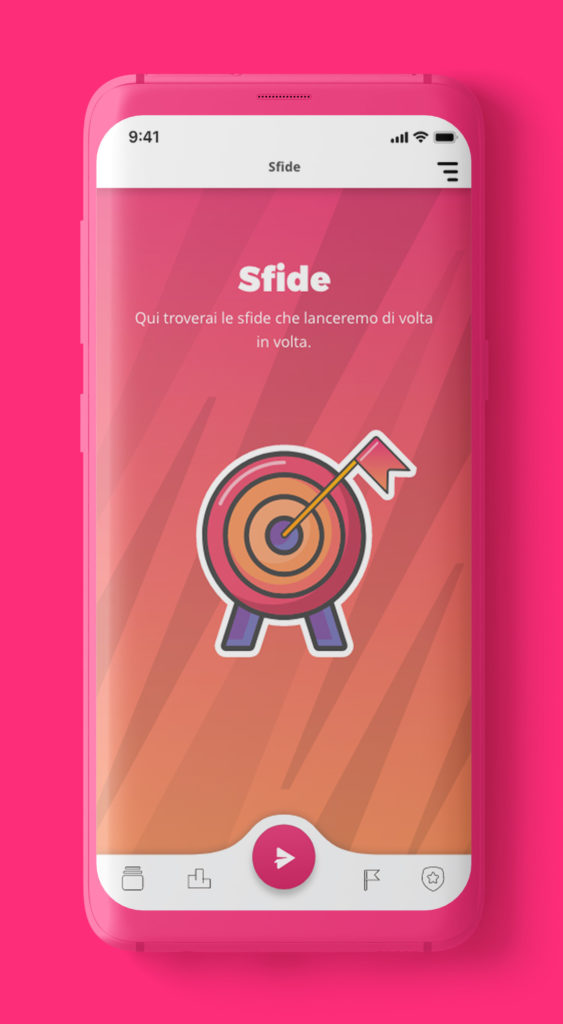
The idea was born ten years ago from Push, a design laboratory based in Palermo (Italy). The members of Push began to wonder how to reduce traffic by making citizens participate in the change. So MUV was born as a research project and then became a real sustainable business. From the beginning, for the founders, the priority has been to keep the principles unchanged: to impact people’s lives by pushing them to improve urban mobility in favor of the environment. That’s why they decided to transition from a non-profit to a B-Corp, and then to a benefit company. B-Corp certification is widespread in 71 countries and is provided by B Lab, an international non-profit organization.
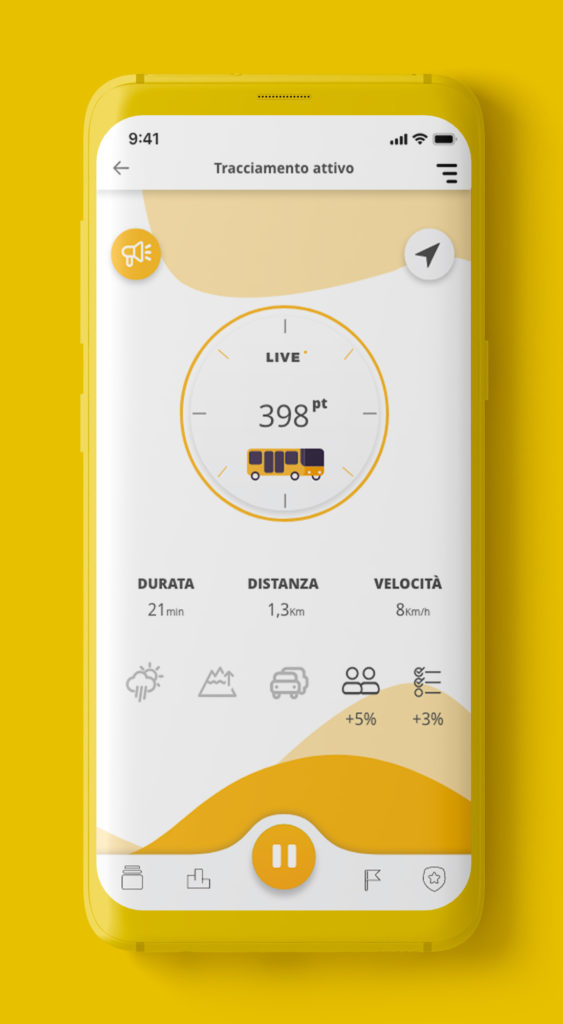
MUV has received research funding of 4 million euros since the project passed the Horizon call of the European Commission – which is the major European research grant pool. The company fared well at the second attempt: they had already tried to participate once but, due to some inexperience, they had not been funded, although the project was very similar.
Under the name TrafficO2, the company had already won in 2012 the Smart Cities and Communities and Social Innovation call, promoted by the Italian Ministry of Education and Research. In 2015 they had also won the first edition of the Smart City Innovation Awards, announced by MIT Enterprise Forum and BNL/BNP Paribas and Mentioned in the Legambiente Best Practices 2015 report among the good urban practices in the section for sustainable mobility. In 2016 they won the 30weeks designer/founder acceleration program in New York, promoted by Google.
Impact Statement
After eight years of research, MUV is developing a community of users in more than 12 countries. The first experimental tournaments started in September 2018. Statistics say that, so far, 260 thousand kilometers have been driven sustainably thanks to the app (20.8 per week, on average); each user has reduced their emissions by 32% while burning more calories (+27%).
Obviously, for a game based on sustainable urban mobility, the situation given by the pandemic has put the company in great difficulty. Total subscribers, at the moment, exceed ten thousand. However, the most significant figure is the activation rate, which is between 16 and 18%, while on average, it is around 10% in other games. Active users, those who have obtained points during a week, are over three hundred, a number that the company hopes will rise as soon as things improve. The objectives for the future are clearly to expand the user base and massively reach national coverage. They know they need to work harder on marketing and get in touch with investors ready to espouse their values to do all this.

Systems Perspective
Several other apps incentivize people toward sustainable behaviors, particularly around urban mobility.
What is striking is the attention to protecting users’ privacy, since all the data is anonymized, and the business model is not based on the sale of data but on funding that can come from calls, institutions, and partnerships with companies.
Another important aspect, which for the moment seems to exist only in Italy, is the support to companies and public bodies that by law must have a mobility manager, who in turn must develop mobility and sustainability plans. With the “relaunch” decree converted into law in July 2020, in Art. 229. “Measures to encourage sustainable mobility” and 263 “Provisions on the flexibility of public work and agile work” that the obligations of companies and public bodies are outlined.
In brief, companies, organizations, and educational institutions must:
- Identify a Mobility Manager
- Draw up a Home-Work Travel Plan (PSCL) or Home-School Travel Plan (PSCS)
- Communicate it to the Area Mobility Manager by December 31, 2020.
- Update it annually by December 31.
And Public Entities only:
- Draft the Agile Work Organization Plan (POLA).
- Update it annually by January 31.
So MUV maps the demand for mobility, incentivizes sustainable mobility, and uses the data collected to certify CO2 reduction and co-produce mobility plans. This process under “normal” conditions takes between two and three months to develop the plan. MUV now offers a consulting pathway for Corporate and School Mobility Managers that allows them to map demand, analyze the results, and synthesize everything into a plan in less than four weeks.
In the writer’s opinion, this is a genuinely fundamental added value since it simplifies and speeds up the transition to sustainable mobility for all actors who significantly impact society.
Links and Contact Information
Links
Company website: https://www.muvgame.com/en/
CTO LinkedIn profile: https://www.linkedin.com/in/domenicoschillaci/
Co-founder LinkedIn profile: https://www.linkedin.com/in/totididio/
Contacts: https://www.muvgame.com/en/contacts/
Social media accounts
LinkedIn: https://www.linkedin.com/company/muvbcorp/
Instagram: https://www.instagram.com/muvgame
Facebook: https://www.facebook.com/muvthegame
Twitter: https://twitter.com/muvgame
Article by: Ilaria Nicoletta Brambilla and Noemi Salantiu, 4REVS researchers (and more)

